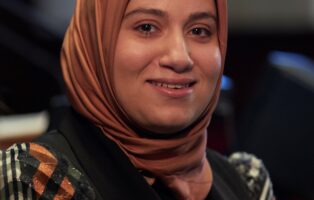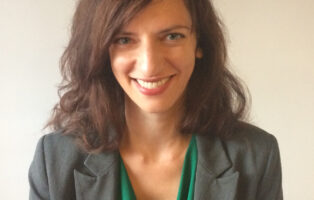Europe has seen a troubling surge in both state and private efforts to restrict criticism of Israel or support of “the Palestinian cause”, since Hamas’s atrocious attack on October 7 which killed 1200 Israelis, and Israel’s near-immediate retaliatory bombings that have killed more than 12,000 Palestinians. This is usually accompanied by the stated goal of protecting against anti-Semitism. But how is anti-Semitism defined, why so, and with what consequences?
In announcing their measures, most European states refer to a controversial definition of anti-Semitism endorsed by the International Holocaust Remembrance Alliance (IHRA) in 2016. This definition largely focuses on examples that include criticisms of Israel, leaving it open to manipulation for political aims. More recently, in 2021, a group of scholars from Holocaust, anti-Semitism, and genocide studies published the Jerusalem Declaration on Antisemitism (JDA), offering more specific guidelines for identifying anti-Semitism, particularly with regard to criticism and debate around the Israeli-Palestinian conflict and Zionism. Notably, the IHRA’s statement since October 7 focused rather on addressing anti-Semitism “regrettably homegrown in all our societies” and the danger of “blaming Jews for Israel’s actions.”
With these definitions in mind, how can we address the very real rise of anti-Semitism and Islamophobia in Europe against the backdrop of the Israel-Hamas war? How can we avoid entrenched positions that frame the Israel-Hamas war as a war between Jews and Palestinians? This panel discusses the dangers of discursively conflating Jews with the state of Israel and Palestinians (and pro-Palestinian voices) with Hamas and considers how to more productively define, recognize, and protect against anti-Semitism (acts or speech against “Jews as Jews”) and Islamophobia in the current climate.
About the speakers
Jessica Feldman is an Assistant Professor / Enseignante-Chercheuse in Communication, Media, and Culture at the American University of Paris and a fellow at the Netherlands Institute for Advanced Study (NIAS). She researches the political ramifications and potentials of emerging digital technologies (AI, digital security); specifically their capacity to facilitate or repress solidarity and collective self-governance.
Ayşenur Korkmaz is a research fellow at the Netherlands Institute for Advanced Study (NIAS) in Amsterdam. She earned her Ph.D. from the University of Amsterdam, at the department of European Studies. Her current work focuses on the multifaceted aftereffects of the Armenian genocide in Soviet and post-Soviet Armenia. She explores how the genocide survivors and their descendants in Armenia have been reflecting on the violent past, losses, and expulsion from the ancestral homeland.
Jan Willem Duyvendak (moderator) is Distinguished Research Professor of Sociology at the University of Amsterdam and Director of NIAS-KNAW. His main fields of research currently are the transformation of the welfare state, belonging and “feeling at home,” and nativism. His latest books include Thuis. Het drama van een sentimentele samenleving (Amsterdam University Press 2017), Macht der gewoonte. Populisme in de polder (Walburg Pers 2022, with Menno Hurenkamp) and The Return of the Native. Can Liberalism Safeguard Us Against Nativism? (Oxford University Press 2022, with Josip Kešić).




